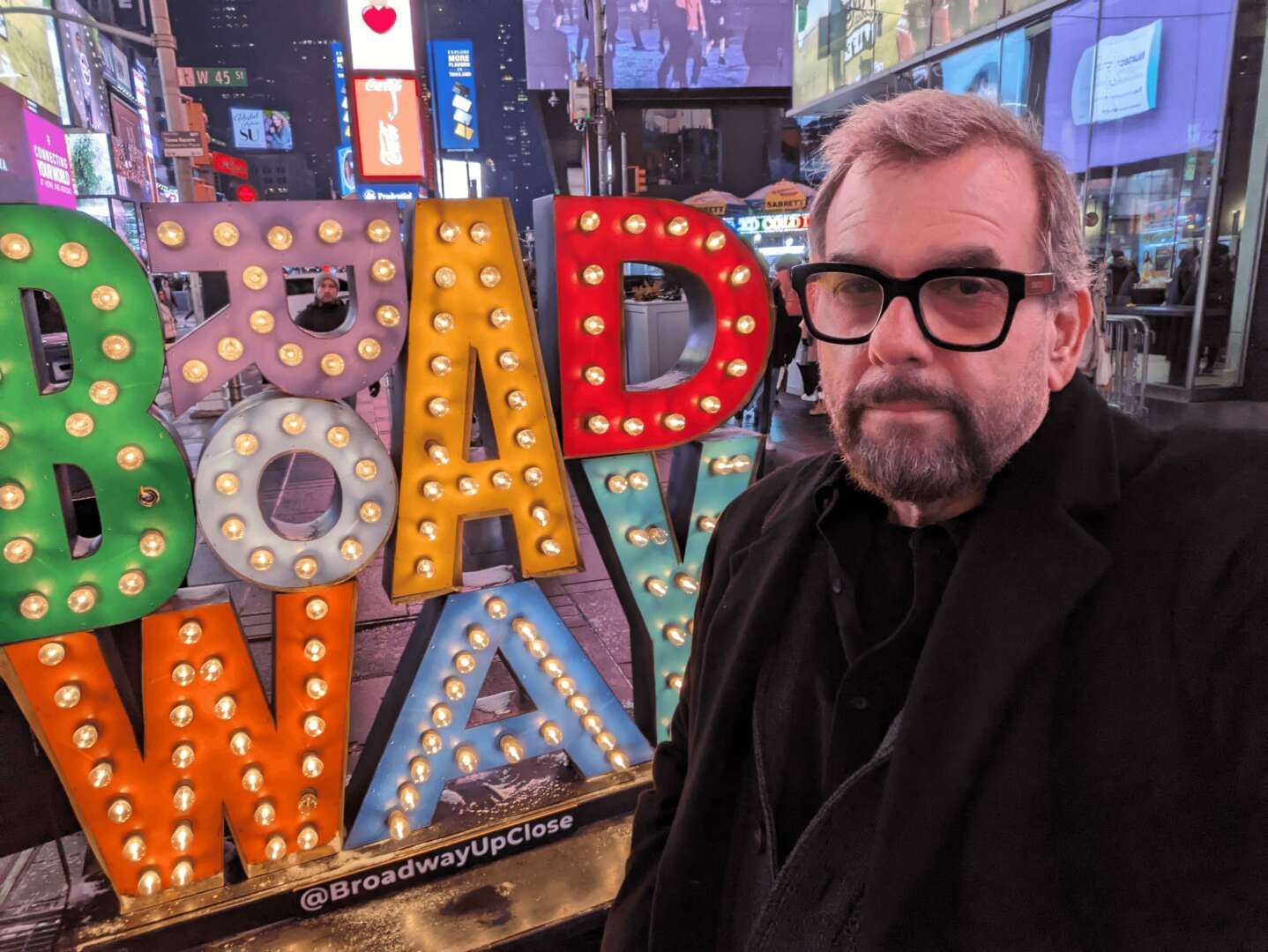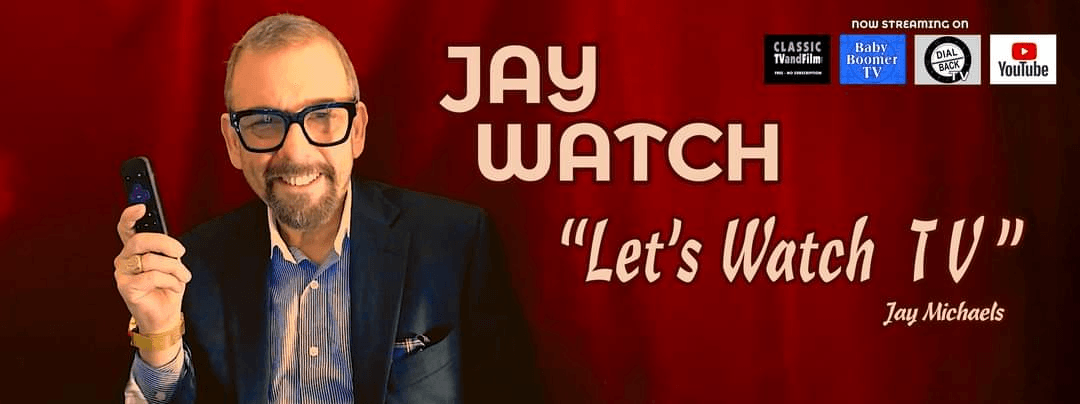Alright – so today we’ve got the honor of introducing you to Jay Michaels. We think you’ll enjoy our conversation, we’ve shared it below.
Hi Jay, thanks for joining us today. Let’s start with the story of your mission. What should we know?
While, as A marketing promotional firm, we work with all artistic endeavors- Broadway, Off-Broadway, film, regional, even literary, television, and fine art- They all must have one thing in common: they all have to be run by independent artists.
Growing up in this business I’ve encountered so many individuals that simply do it themselves. They’re not waiting for large investors, they’re not adhering to corporate entities. + Their demands, they simply take their artistic matters into their own hands and produce their own work.
This is the true seed from which great art grows.
Sadly, as lofty and as commendable as that may sound, most news agencies do not cater to these artists. On one level. I can’t blame them. The media- print, video, internet, etc- need to make money. They are going to promote and spotlight big budget and corporate projects. The New York times has made a point of saying it does not look at independent theater. Again, understandable, a Broadway show can get them far more readers and advertising revenue than a small limited run independently produced play. However, this does not mean that those small independently produced plays should be ignored.
J. Michaels Global Communications works with these companies to create visibility for them. We do this by connecting to other Independents. The Arts blogs, smaller TV and radio stations, podcasts, etc. They, too, need visibility. So instead of waiting outside the door of the New York times, hoping someone gets a glimpse of us, we create our own universe of sites that are interested in our plays and promote them.
Sometimes the loyalty factor in creating such a relationship is quite boundless. That small video reviewing service gains notoriety from reviewing an independent film that I submit to them, Jos helping us get visibility with audiences, Jos us. They’re ready to answer my call the next time as well.
Broadway became ” Broadway” And I hope to do the same with independent art and artists.

As always, we appreciate you sharing your insights and we’ve got a few more questions for you, but before we get to all of that can you take a minute to introduce yourself and give our readers some of your back background and context?
Before I was me I was one of my clients. I was an independent theater and film producer for over 30 years. I could regale you in horror stories that included paying for union contract shows with unemployment checks, we’re making friends with various Realtors so that I could find empty apartments to use as location shoots, or the story of how my wife led a team of costume designers that created an entire Renaissance costume plot out of laundry bags.
While doing all of that, ironically, my day job was serving as a marketing executive for various corporate entities. The New York daily news, and international philanthropy, prominent media, buyer, a concert hall, etc. Would work on teams handling events that had budgets of well over a million dollars.
At this stage of my life I got tired of doing both. But I certainly wasn’t going to leave this industry for which I’ve dedicated basically my entire life, so I combined both disciplines. I take the tricks of the trade that I learned working on Broadway productions and massive corporate events and offer them to the independent producer on the limited budget. For a fraction of a fraction of the fee they would have to pay to the larger agencies, I will give them the same promotional acumen that I’ve acquired over decades.
My company also works on a sliding scale. In terms of fees. I would rather adjust my fee downward so a new company can get on its feet and create visibility for itself knowing that they will return to me when they have better means to do so. I conclude every sales pitch by saying I keep my fees masochistically low right now but when you become famous, I’ll send you a bigger invoice.

Can you tell us about a time you’ve had to pivot?
A major pivot for my company came at a time when most companies had to majorly pivot. In 2019 I had a robust client base of live theater projects. I had a small number of independent films and a decent amount of educational live projects. Then covid hit.
The feed are closed down. I’m not kidding. I say at the major start of covid, I ended up with one client.
This is where I turned to my group of independent film clients and found that utilizing zoom and other virtual services, I can promote their movies through interviews and video reviews that can be done remotely. I also found that several theater companies were interested in doing readings of plays on zoom and other virtual platforms. By the time 2021 came around I had a full client base of theatrical projects. Again, all doing virtual readings and presentations, a healthy number of filmmakers who wanted to get some form of visibility and notice regarding their movie, in some cases impending, in post-production, or having just opened, I even worked with A horror film that became the number one film in the country… At drive-in movie theaters which were achieving their next level of popularity thanks to their remote quality.
I also began promoting writers and other literary artists as it was quite easy to promote a book maintaining safe distances.
This became quite a boon for my company. During the tough times of covid we had a healthy client base. Once covid led up, and the live theater returned, well, I had to hire new staff and reincorporated as a global organization because now I was promoting plays as near as New York and New Jersey as far as California and very recently Australia and Taiwan.

Do you have any insights you can share related to maintaining high team morale?
In my life I have seen two kinds of organizations: the one where there is a leader and subordinates and the ones where there is simply a team. Yes, I have my name on the door for my organization, but we are a team. One has to take a risk over and over again to maintain high morale. That risk is putting others in charge, taking gambles on other ideas, and praising anytime you can. This may sound very simple, but it’s not. There have been many times an idea has come to me that I did not think was very good. But the passion and interest of a team member showed me that the bigger mistake would be to ignore it. I will gamble on the ideas. A fellow teammates, I am willing to step to the side and let others take control of full projects, I have no problem funding ideas on all levels. And when it is done. It is successful, I will Mount praise on top of praise. I’ve been told I praised too much. You can’t. If the idea is not successful, we discuss where it’s not been successful and offer other opportunities to that team member. No one has ever vetoed or shut out because of a bad idea. What this does is show team members that they are leaders. It allows confidence for them to grow as human beings, he gives them an open door to be creative and to think out of the box, and it shows that they’re thought of as people. I worked for one organization, an international philanthropy, that had some quite brilliant staff members LOL. Arrogantly, I consider I was one of them. Them. No matter how hard we worked, no matter how brilliant our ideas and concepts were, no matter how many millions we raised for the organization, someone else’s name ended up on the top of it LOL. We were simply work for higher. After a point such attitude dries your brain. We were paid well, of this. There’s no doubt, after a point the salary does not compensate for the lack of confidence that you feel working at that organization. My staff are my buddies. We’re entering a battle together as comrades. We exit that battle as comrades excited to start yet another battle.
Contact Info:
- Website: https://Jaymichaelsarts.com
- Instagram: Jaymichaelsglobal
- Facebook: Jmgcchanneli
- Twitter: Jaymichaelspr
- Youtube: Jmgcchanneli




Image Credits
Some photos provided by Dan Lane Williams.


